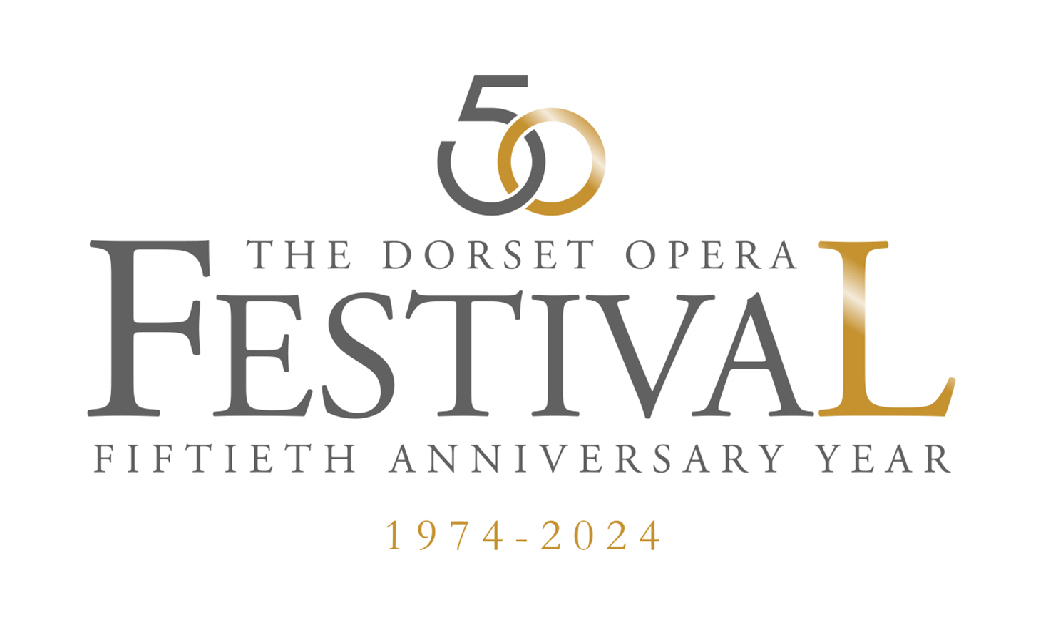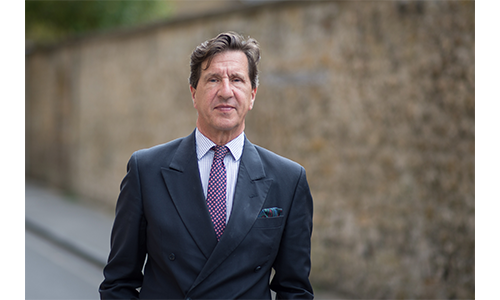Church House sponsors future operatic talent and a new composition.
This month, in recognition of the Dorset Opera Festival's 50th anniversary and as a continuation of our long-term support, we have agreed to help fund two important initiatives.
The first is a summer school for aspiring artists or singers, and the second is the commission of a new opera, Paul Carr's Under the Greenwood Tree.
Our association with opera comes from more than just an opportunity to support the arts. In fact, there are many similarities between our worlds.
Complexity and Integration
Opera: Opera combines music, drama, visuals, and storytelling. The skill is in blending the various elements to create a unified and powerful experience for the audience.
Investment Management: Similarly, investment management involves a holistic approach to managing money. It considers factors like risk tolerance, diversification, tax, and long-term goals.
Building out Visions
Opera: Composers tailor their music and libretto to suit the specific storyline, characters, and emotions conveyed in each opera. Every opera is different.
Investment Management: Investment managers create personalised strategies based on individual clients’ financial situations, risk profiles, and objectives. Like operas, investment portfolios are crafted to suit differing investor needs.
Optimising Risk and Reward
Opera: A successful performance balances artistic risks and costs of production with dramatic success and financial solvency.
Investment Management: Investment professionals also assess risk-return trade-offs when constructing portfolios, balancing the maximisation of opportunity for returns with the minimisation of exposure to investment risk.
Performance and Timing
Opera: Timing is crucial in opera—when to hit the high note, when to pause, and when to crescendo. Performers must execute their roles flawlessly during live performances.
Investment Management: Knowing when to invest is not always critical to successful long-term investing. ‘Time in the markets’ far outweighs decisions surrounding ‘timing the markets’. Tactical timing over buying, selling, or holding individual securities is important not to get wrong; but as in opera, this requires skill and experience.
Audience Engagement
Opera: Opera engages audiences emotionally, intellectually, and visually. Spectators connect with the music, characters, and plot.
Investment Management: Investment advisers and managers engage with clients, understanding their financial aspirations, circumstances, and constraints. Building trust is essential.
Long-Term View
Opera: Composers envision the final masterpiece long before it reaches the stage. They plan, compose, and refine over time.
Investment Management: Successful investment management, too, requires a long-term perspective.
Artistry and Precision
Opera: Singers, musicians, and set designers collaborate to create harmonious and visually captivating performances.
Investment Management: Investment professionals analyse data, perform due diligence, and make precise decisions to optimise returns. It’s a blend of science and art.
While not topics you would naturally associate with each other, both opera and investment management involve intricate planning, customization, risk management, and performance. One delights audiences through music and drama; the other aims to secure strong financial futures through consistent performance.
More news from Church House this year
Experienced new hire to support growth
Sustainable shopping proves to be a winner
Important Information
The contents of this article are for information purposes only and do not constitute advice or a personal recommendation. Investors are advised to seek professional advice before entering into any investment arrangements.
Please also note that the value of investments and the income you get from them may fall as well as rise, and there is no certainty that you will get back the amount of your original investment. You should also be aware that past performance may not be a reliable guide to future performance.
How would you like to share this?



